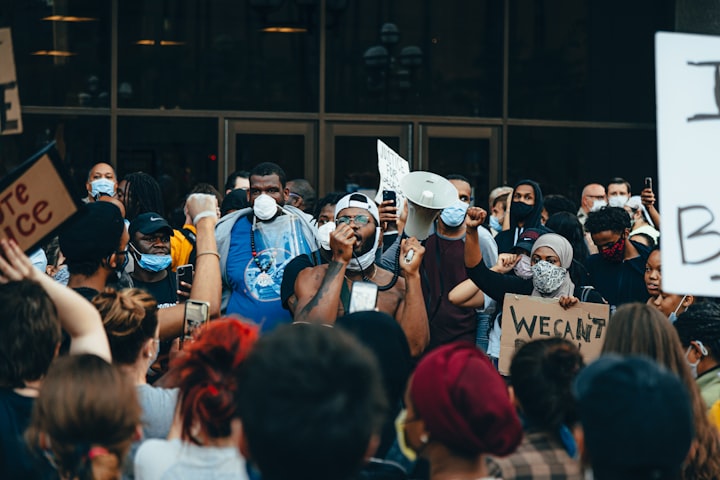how inequalities in access to health care affect people from minority groups in the UK.
access to health care affect people from minority groups
Title: Inequalities in Access to Healthcare: How it Affects People from Minority Groups in the UK
Introduction:
Inequality in access to healthcare is a major issue in the UK. People from minority groups are more likely to face difficulties in accessing quality healthcare, which can result in poorer health outcomes. This article will explore how inequalities in access to healthcare affect people from minority groups in the UK, focusing on their health status and the barriers they face in accessing healthcare.
CLICK HERE TO START MAKING 7 FIGURES A YEAR FROM
Health Status of People from Minority Groups:
People from minority groups in the UK are more likely to experience poor health outcomes than the general population. Studies have shown that people from Black, Asian, and minority ethnic (BAME) groups have higher rates of chronic diseases, such as diabetes, cardiovascular disease, and asthma. They are also more likely to have a higher prevalence of mental health problems, including depression and anxiety. Moreover, BAME women have a higher risk of developing breast and cervical cancer. These health disparities can be attributed to various factors, including poverty, discrimination, and cultural barriers.
Barriers to AcceCLICK HERE TO START MAKING 7 FIGURES A YEAR FROM ssing Healthcare:
There are several barriers that people from minority groups face when accessing healthcare. One of the primary barriers is language. Many people from minority groups may not speak English as their first language, which can make it difficult for them to communicate with healthcare professionals. This language barrier can result in miscommunication, which can lead to misdiagnosis, inadequate treatment, and poor health outcomes.
Another barrier to accessing healthcare is cultural differences. People from minority groups may have different cultural beliefs, values, and practices that can affect their health-seeking behaviors. For example, some cultures may have stigmas associated with seeking help for mental health problems or using certain medications. These cultural differences can make it challenging for healthcare providers to understand the patient's needs and provide appropriate care.
Additionally, people from minority groups may face financial barriers to accessing healthcare. For example, they may have limited access to health insurance, which can make it challenging to afford medical treatments or medications. This financial barrier can result in delayed or inadequate treatment, which can have severe consequences for their health.
Impact of Inequality in Access to Healthcare:
Inequality in access to healthcare can have severe consequences for people from minority groups. Due to the barriers discussed above, they may be less likely to receive timely and appropriate medical treatment, leading to worse health outcomes. For example, people from minority groups with diabetes may have a higher risk of developing complications, such as kidney disease or blindness, due to inadequate or delayed treatment. Similarly, people with mental health problems may experience more severe symptoms or develop other health conditions due to lack of access to treatment.
Furthermore, inequality in access to healthcare can result in higher healthcare costs. People from minority groups may be more likely to seek medical care in emergency departments, where care is more expensive. This increased healthcare cost can lead to financial difficulties for individuals and families, exacerbating existing health and social inequalities.
Conclusion:
In conclusion, inequality in access to healthcare is a major issue that affects people from minority groups in the UK. People from minority groups are more likely to experience poor health outcomes and face significant barriers in accessing healthcare, such as language, cultural, and financial barriers. These barriers can result in delayed or inadequate treatment, leading to worse health outcomes and higher healthcare costs. It is essential to address these barriers and promote equity in access to healthcare for people from minority groups to improve their health outcomes and reduce health disparities in the UK.






Comments
There are no comments for this story
Be the first to respond and start the conversation.